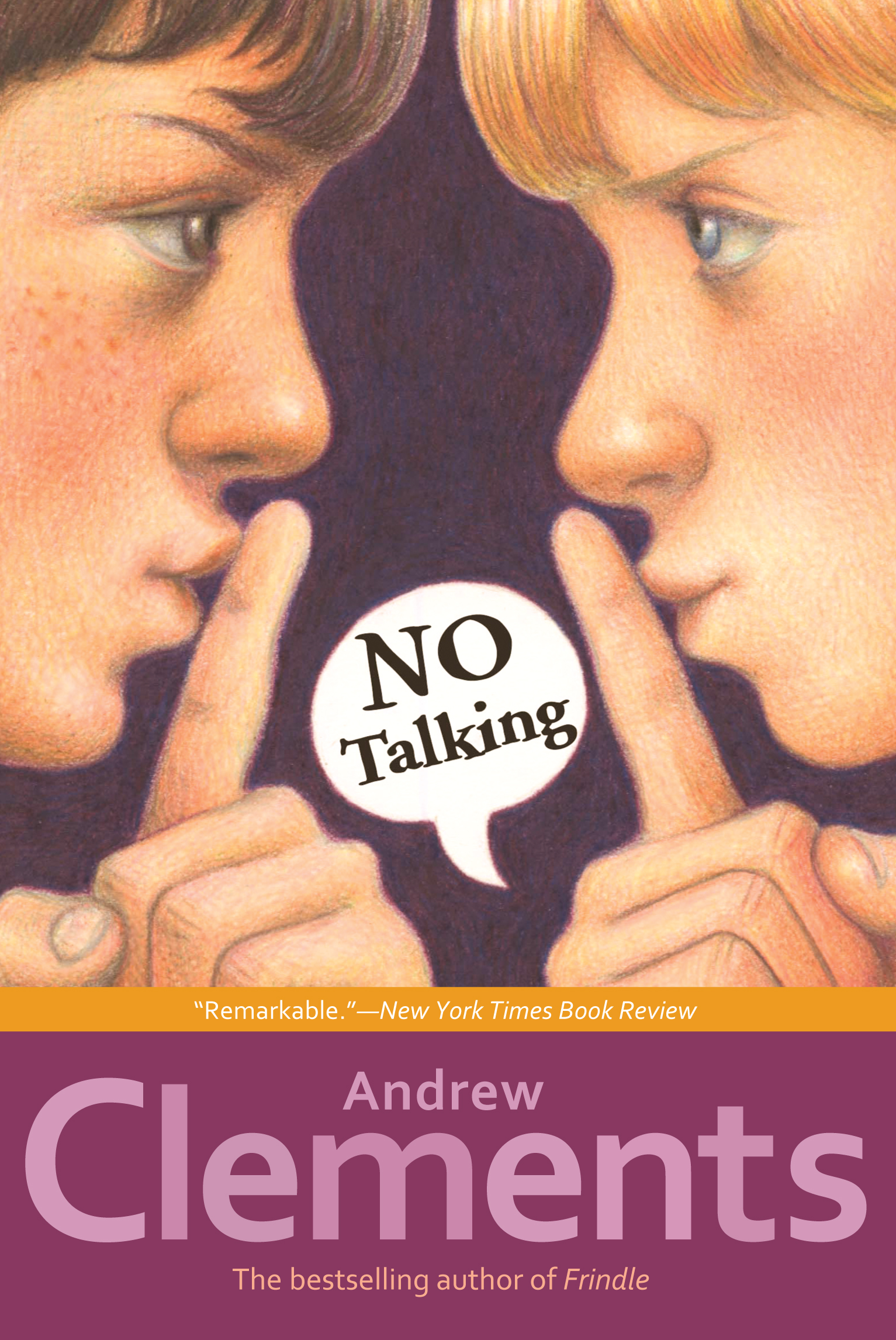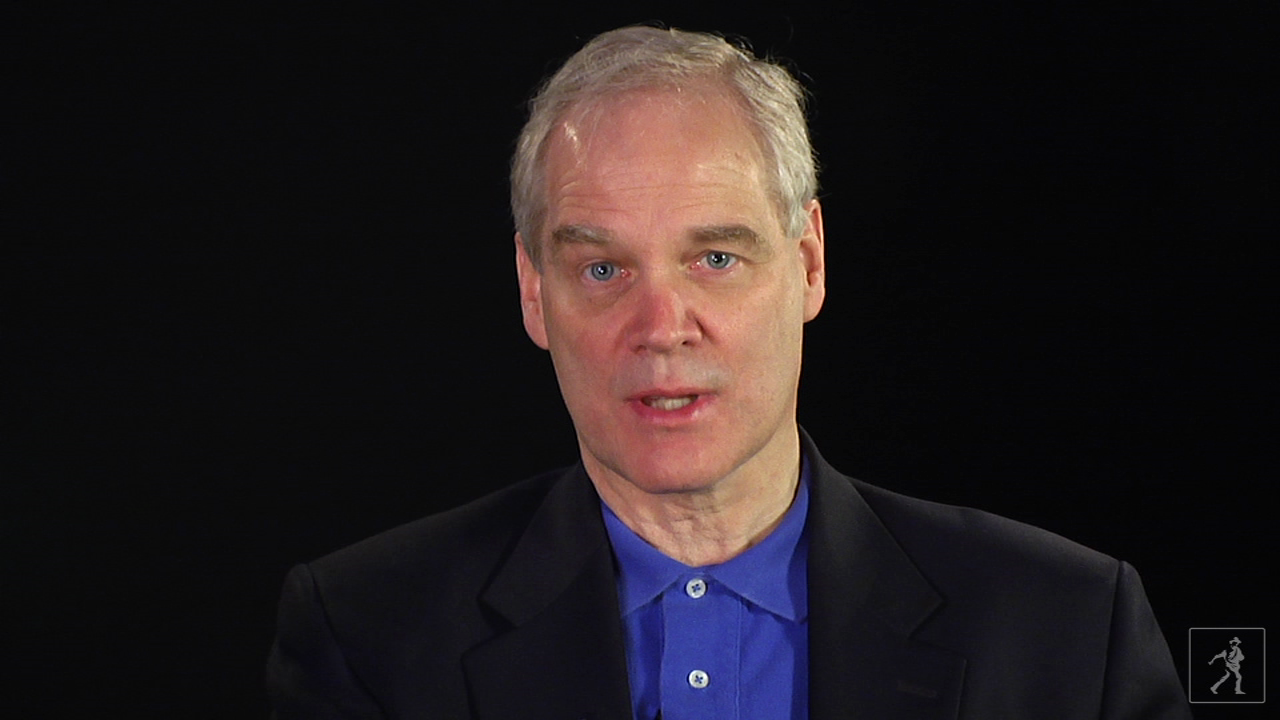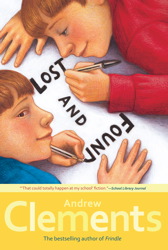Get our latest staff recommendations, classroom reading guides and discover assets for your stores and social media channels. Receive the Children’s Bookseller newsletter to your inbox when you sign up, plus more from Simon & Schuster.If you are an independent bookseller in the U.S. and would like to be added to our independent bookseller newsletter, please email indies@simonandschuster.com
Table of Contents
About The Book
Reading Group Guide
Join our mailing list! Get our latest staff recommendations, classroom reading guides and discover assets for your stores and social media channels. Receive the Children’s Bookseller newsletter to your inbox when you sign up, plus more from Simon & Schuster.If you are an independent bookseller in the U.S. and would like to be added to our independent bookseller newsletter, please email indies@simonandschuster.com
Who are the "Unshushables"? How do the teachers at Laketon Elementary feel about the "Unshushables"? Have you ever been part of a noisy group? Why do you think this was the case?
Who is Gandhi and how does he get Dave Packer into trouble? Who helps turn Dave's experiment into a grade-wide contest? What are the terms of the contest?
Who is Mrs. Hiatt? List some of the unusual steps she has taken to try to handle the fifth-grade class. Have her efforts worked? Has she given up?
What surprises Mrs. Hiatt at the fifth-grade lunch on the second Tuesday of November? How do Mrs. Marlow, Mrs. Akers, and Mr. Burton each react to the surprise?
What challenges do the fifth graders encounter as they get through the first hours of the contest? What loopholes do they find that allow them to make noise? What are the differences between talking and noise?
What does Dave decide is the right word for the contest? Why do you think he chooses this word? Would you choose this same word to describe the contest?
Why does the author title Chapter 13 "Language Lab"? What experiment does Mr. Burton perform? What is the result of his experiment?
What do the kids discover as they try to keep quiet at home? How do their parents react to the silence?
How do the kids handle Mrs. Hiatt's "Pledge of Allegiance" trick? Why do they do this? What happens when Mrs. Hiatt demands an end to their contest? What change is happening in the relationships between the fifth graders?
Why doesn't Mrs. Escobar mind that the kids have disobeyed Mrs. Hiatt? What happens in her math class? What happens in Science, Social Studies, and Language Arts? How do the kids handle their music class on the second day?
How does Mr. Burton feel about Mrs. Hiatt's efforts to stop the fifth-grade contest? What does Mrs. Hiatt do when she finds out that the contest is still going on at lunchtime? How does she confront Dave? How does Dave respond?
How does Mrs. Hiatt feel about her actions? Can you understand why she acted the way she did? What happens when she asks Dave to her office?
Why is the final chapter entitled "Winners"? Who are the winners in this story? Explain your answer.
Activities and Research
Go to the library or online to learn more about Gandhi and civil disobedience. Use your research as the basis for a short report about Gandhi and what larger lessons from his life -- beyond silence -- are at play in No Talking.
Keep a journal in which you record the noisy and quiet times in your day or week. Include comments, such as how noise affected your mood or actions, and which parts of the day you most enjoyed. Share your observations with friends or classmates. Are their experiences and opinions similar to your own, or different?
Interview a teacher or school administrator about his or her job. Include questions about the value of order and quiet, how it is maintained, and when noise is okay. Have students ever taught them something exciting and new? Based on your interview, write an article about this teacher or administrator for your school or classroom newspaper.
Explore nonverbal ways people communicate, such as sign language and writing, or through arts such as pantomime, dance or painting. Divide classmates or friends into small groups to create informative posters about these different ways of communicating. Display the posters in your school or community, along with a "guestbook" inviting viewers to write down their reactions to the information.
Try one of Mr. Burton's experiments, such as making up a group story with each student offering just three words; spending a class period WRITING ONLY but communicating with at least four other people; or holding a debate, such as the pros and cons of soda machines in the cafeteria, using three-word arguments.
Make a "top ten" list of reasons for keeping quiet. Illustrate and post the list in your home or classroom. Or, list the top ten appropriate ways to make noise.
In the character of Mrs. Hiatt or Mr. Burton, give a presentation to a group of parents or colleagues, describing the No Talking Contest, its outcome, and how the experience changed your thoughts about teaching and discipline.
Write a letter to your teacher explaining why you would like to hold a No Talking Contest in your classroom. Do you think the activity will be easy or difficult? What do you hope to learn?
With the approval of parents or teachers, hold a No Talking experiment in your home or classroom. Agree to a set of rules (use rules from the story if desired), decide if this will be a contest, and determine how long it will last. Afterward, write a short essay about the experiment. Did it work? Who were the winners?
In the character of Lynsey, write a journal entry explaining why you decided to "even the score" between the boys and girls just before the contest ended. Or, in the character of Dave, write a journal entry explaining whether you would have done the same thing if the situation had been reversed and how you feel about Lynsey's actions.
Imagine you were one of the Laketon Elementary fifth graders involved in the No Talking Contest. Write an essay describing the two days from your point-of-view and the most important thing you learned from the contest. Conclude with an explanation of whether you would or would not participate in the contest if it started again tomorrow, and why.
About The Illustrator
Mark Elliott has a BFA in illustration from the School of Visual Arts. He has illustrated a number of book covers, and his work has been exhibited at the Society of Illustrators and the Art Directors Guild. Mark lives on a sheep farm in the Hudson Valley region of New York.
Product Details
- Publisher: Atheneum Books for Young Readers (June 23, 2009)
- Length: 160 pages
- ISBN13: 9781416909842
- Grades: 3 - 7
- Ages: 8 - 12
- Lexile ® 750L The Lexile reading levels have been certified by the Lexile developer, MetaMetrics®
Browse Related Books
Raves and Reviews
"Andrew Clements set the standard for the school story in 1996 with his first novel, Frindle, which went on to sell more than two million copies...No Talking is Clements's best school story since." - The New York Times Book Review
"Readers may be compelled to use their voice to praise Clements's deft handling of an interesting premise." - Publishers Weekly
"A vintage tale from the master of the theme-driven, feel-good school story." - Kirkus Reviews, starred review
Awards and Honors
- Pacific Northwest Young Reader's Choice Award
- Maud Hart Lovelace Award Nominee (MN)
- Garden State Children's Book Award Nominee (NJ)
- Kentucky Bluegrass Award Master List
- South Carolina Picture Book Award Nominee
- Iowa Children's Choice Award Nominee
- Bank Street Best Books of the Year
- NYPL 100 Titles for Reading and Sharing
- Oregon Battle of the Books List
- Beehive Award Master List (UT)
- Indian Paintbrush Book Award Nominee (WY)
- Nutmeg Book Award Nominee (CT)
- Colorado Children's Book Award Master List
- Golden Archer Award Nominee (WI)
- Californa Young Reader Medal
- Great Stone Face Book Award Nominee (NH)
- Pacific Northwest Young Reader's Choice Award Master List
- Flicker Tale Award Nominee (ND)
- PEN USA Literary Award Finalist
- Nevada Young Readers' Award Nominee
- Volunteer State Book Award Nominee (TN)
- Virginia Readers' Choice Award List
- Prairie Pasque Award Nominee (SD)
- Land of Enchantment RoadRunner Award Nominee (NM)
- Sunshine State Young Readers' Award List (FL)
- Dorothy Canfield Fisher Book Award Master List (VT)
- Massachusetts Children's Book Award Nominee
- Charlie May Simon Children's Book Award Nominee (AR)
- Crown Award (TX)
- Black Eyed Susan Book Award (MD)
- West Virginia Children's Book Award Master List
- Pennsylvania Reader's Choice Award
- Bluestem Book Award Master List (IL)
Resources and Downloads
Activity Sheets
High Resolution Images
- Book Cover Image (jpg): No Talking Trade Paperback 9781416909842(1.7 MB)
- Author Photo (jpg): Andrew Clements Photo Credit:(0.1 MB)
Any use of an author photo must include its respective photo credit























